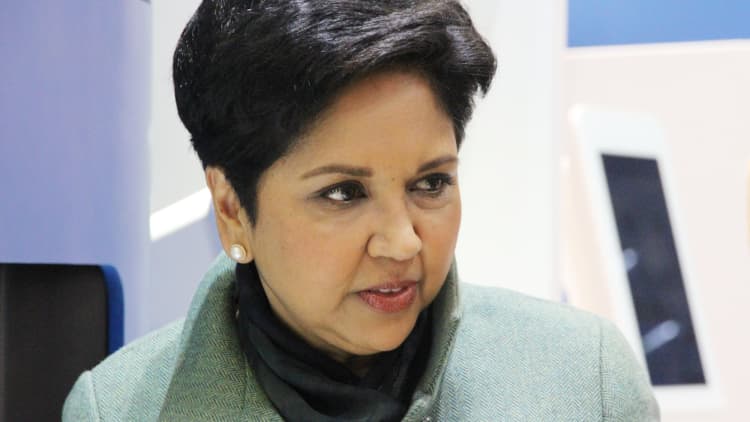Despite Asia's many economic advances in the past decade, there has been little progress in improving the income discrepancy between men and women, and the wage gap could widen even further in the coming years, according to a new report.
According to new data from Euromonitor, women in the Asia Pacific region will earn 41.2 percent less than men by 2030, higher than global estimates of 35.7 percent in the same period.
Read MoreWork-life balance: Can women have it all?
This compares with the 38.2 percent income gap in 2013, which is higher than the global average of 33.6 percent, and 31.7 percent in 2000.
An Hodgson, Euromonitor's income and expenditure manager, says Asia will be the only region in the world with deteriorating gender income disparity from now to 2030.
Women in China appear to have it worst in the region; they earned 40.7 percent less than their male counterparts in 2013, more than double the 19.6 percent figure in 2000.

"Gender income inequality is persistent in the region because it is rooted not only in culture and tradition (thus preventing women from accessing education and employment opportunities) but also in legal difference in the treatment of men and women (e.g. laws that prevent women from owning property, accessing credit or gaining employment)," Euromonitor's Hodgson noted in the report.
Read MoreWhere were all the women in Davos?
Even Asian countries that ranked among the top 20 in the United Nation's human development index (HNI) – which measures social and economic achievements – fared poorly in the organization's gender development index (GDI).
Singapore took the top spot for Asia on the HNI at number 9, but was ranked 52nd on the GDI while Hong Kong was ranked 15th on the HNI, but 49th on the gender index.
According to employer branding firm Universum, expectations play a role. Its recent poll of 100,000 business and engineering students across 10 Asia Pacific countries showed females having consistently lower salary expectations than males, with Japan and Australia seeing the biggest differences.
"Women on average expect to make less than men, so they're more likely to take jobs immediately at the time of offer rather than negotiating, which results in pay differences. Additionally, men are more likely to ask for raises," said Rachele Focardi, senior vice president of employer branding and talent strategy, APAC, at Universum.

'Womenomics'
There has been increasing recognition of the income discrepancy as several countries in the region grapple with an aging population.
Japanese Prime Minister Shinzo Abe has been the most vocal thus far with his plans to increase female labor force participation, dubbed "womenomics."
"One of the government's goals is to increase female participation, and while it has actually been going up for a couple of years, there are very few incentives for working mothers to really pursue full-time roles. It'll take many years for the government to change attitudes about women working," Izumi Devalier, Japan economist at HSBC told CNBC on Tuesday.
Read MoreBeton women with Barclays' new index
The government needs to physically set up more day care centers and ensure there are no tax distortions that discourage women from pursuing full-time employment, she added.

